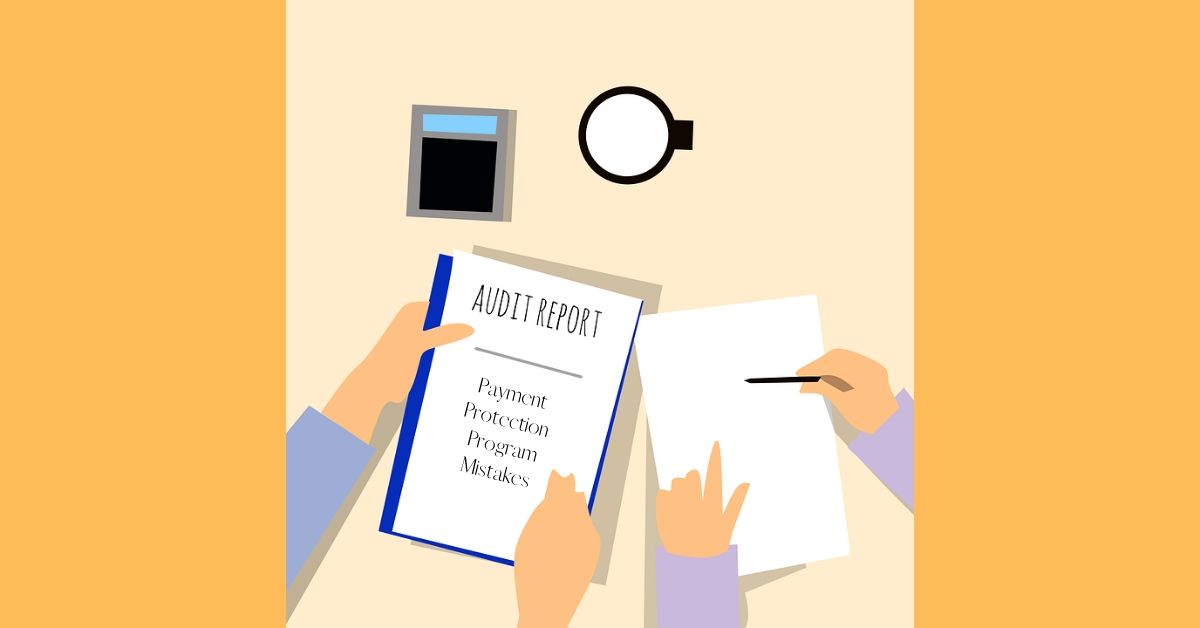COVID-19 Compliance Oversight: Are You Ready?

The government is doling out more money than it ever has in response to an emergency, and it is doing it faster than ever before. From Economic Injury Disaster Loans (EDILs) to Paycheck Protection Program (PPP) loans to federal, state, and local grants through the Coronavirus Aid, Relief and Economic Security Act (CARES Act) – the largest economic stimulus package in history – trillions of dollars are currently being disbursed to individuals and businesses who are facing the severe financial hardships created by COVID-19.
The emphasis so far has been to get the money into the hands of those who need it as quickly as possible. Given the amount of money that the government has been giving out and how fast they’ve been doing it, there is a lot of confusion as to who is entitled to receive the emergency assistance and how they should use it.
On an almost daily basis, various governmental entities are issuing new regulations and guidance. As an example, the Small Business Administration had to revise the PPP loan applications that many lending institutions were using several times due to ongoing revisions to the PPP distribution guidance. As quickly as we can understand the rules is as quickly as they are changing.
Now that the chaos of the early days of COVID-19 has started to die down, attention will soon switch to implementing COVID-19 compliance oversight of the rules and regulations pertaining to each type of emergency aid.
Because of this, there is the risk that well-intentioned, legitimate businesses receiving relief funds can run afoul of the rules and regulations regarding how they can use them. This possibility may open the door to investigations into how individual businesses received and used emergency aid even if they did their best to follow the law. Even if no wrongdoing occurred, the financial and reputational expense of defending against this type of investigation could be extremely costly.
As a business owner or decision-maker, there are steps you can take to protect yourself from being investigated and to prepare if you are.
1. Keep Abreast of Laws, Rules, Regulations and Changes
Regarding COVID-19 aid, it seems that the government is acting first and asking questions later. This rapid action can make it very difficult to stay on top of what the government requires for each type of aid. Take the time to read articles, such as the ones posted on Lancaster Law Blog, to keep up to date on changes to the laws.
Also, review regulations and Frequently Asked Questions published by the government body issuing the funds. Consult with an attorney or your financial institution to get help staying up to date on the latest changes in the law. The attorneys at Russell, Krafft & Gruber, LLP are reviewing changes to federal, state and local rules and regulations daily and are here to help you understand them.
2. Be Truthful and Accurate
Most, if not all, loan or assistance programs require an application. One of the best ways to avoid any questions about your eligibility is to be truthful from the time that you complete the application. Take the time to fully review any applications and do not answer any questions that you do not understand until you can get clarification.
In addition, maintain accurate and truthful disclosure of information throughout the entire process. Even if being honest means that you will not qualify for a particular type of assistance, it would cost a lot more than the lost aid if you are investigated and prosecuted for lying.
The best defense to allegations of dishonesty is the truth.
3. Create a Strong Audit Trail
It is vitally important that you keep track of all the money you receive and how you spend it as you go. The longer you wait to track your spending, the more likely it is that you will not capture all the information and that you will not spend the money properly.
In the unfortunate event that you are audited, you want to be prepared to show how you received the funds and how you spent every penny. Keep all the paperwork you receive and copies of any paperwork that you submit. Once you receive the funds, keep paper records of how you spent the money, who you gave it to, and when. Leave no question as to what happened to the money.
Although daunting, taking these steps will protect you from the attention of government oversight agencies and protect you if you are audited or investigated. If you have any questions on COVID-19 compliance oversight, how to apply for COVID-19 emergency assistance or how that assistance should be used, contact one of our attorneys.
